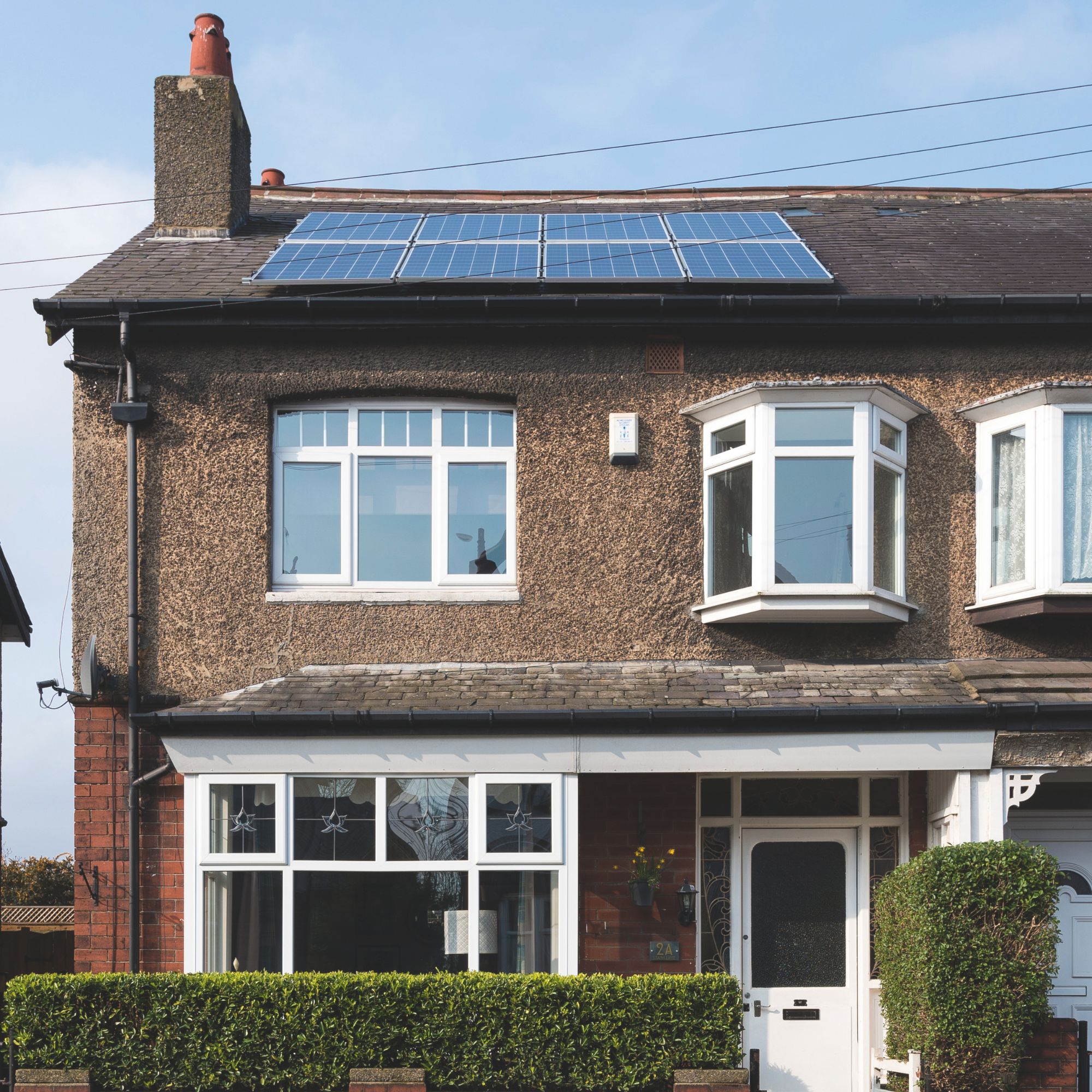
Homeowners with spray foam insulation could struggle to remortgage or sell their homes as lenders worry this type of insulation can interfere with your property's structure.
Installing insulation is an effective way of keeping your home warm in winter, but have you considered the type of insulation you use? A recent report by the BBC found a quarter of the UK's biggest mortgage providers would not lend against homes with spray foam insulation in the roof.
Spray foam insulation has been used for the past 30 years and in 2022, the Residential Property Surveyors Association (RPSA) reported that as many as 250,000 homes have spray insulation in the UK. What’s more much of this insulation was installed under the previous government's Green Homes Grant scheme, which provided grants to homeowners and landlords to make their homes more energy efficient.
Now, The Homeowners Alliance (HOA) has recommended that homeowners avoid installing spray home insulation until the dispute with lenders has been resolved. But where did this conflict come from?

What is spray foam insulation?
There are two types of foam insulation called open cell and closed cell. Both are formed from polyurethane and filled with air bubbles but have different properties once the foam has been set.
Spray foam insulation is applied in liquid form which quickly sets and forms an insulating layer. It’s a popular method because of its ability to get into tight nooks and crannies.
Closed-cell spray foam insulation sets to form a rigid layer that doesn't allow air or moisture to pass through. Meanwhile, open-cell spray insulation is much softer and breathable, allowing moisture and air to pass through. This type of insulation needs to be installed by a manufacturer-approved installer.

The problem with spray foam insulation
Spray insulation is often applied to roofs and attics, but lenders have become increasingly concerned about the damage caused by spray foam insulation, with reports of some estate agents even refusing to list properties with spray foam insulation installed.
Lenders worry about how spray insulation will interact with your property’s structure. If it's applied incorrectly, it can trap moisture, which could lead to timber decay or mould in your roof space,’ says Fiona Peake mortgage expert at Ocean Finance.
‘Over time, this could weaken the structure of your home. Some types of spray insulation make it harder for surveyors to properly inspect roof timbers, leaving lenders unsure about the property’s condition. These unknowns make them hesitant to approve mortgages on homes with spray insulation.
‘Another issue is resale. Homes with spray insulation can take longer to sell because buyers are cautious. There’s a perception that removing it is expensive and potentially damaging, which could reduce your home’s market value.’

What you should do if you have spray foam insulation
If you have spray foam insulation installed, the important thing is not to panic, according to Fiona.
‘It’s worth having it inspected by a qualified surveyor to assess its condition. You could also get a professional contractor to confirm it was installed properly and hasn’t caused any structural issues,’ she says.
‘Having this documentation can go a long way in reassuring lenders and buyers. If you're planning to sell, be prepared to answer questions about it or even negotiate on price if a buyer sees it as a risk.’
According to the HOA, if you’ve had spray foam installation installed in your home for several years and have experienced any issues and you’re not planning on selling your home, you do not have to worry about getting the insulation removed.
Some lenders will lend if you have spray foam insulation provided you have the correct paperwork, your foam has been sprayed correctly and your roof is in good condition.

What insulation is better to use?
There are plenty of types of insulation that won’t impact the opinion of lenders and save energy at home over winter.
‘If you're considering insulation, alternatives like mineral wool or rigid foam boards are often better options. They’re effective, easier to install, and don’t carry the same risks. Plus, they’re more likely to tick the box for mortgage lenders and potential buyers,’ says Fiona.
If you have any concerns about the type of insulation you have, you can speak to a fee-free mortgage broker about your options and which lenders are comfortable with spray foam insulation. And if you plan on installing insulation, ensure you get it professionally fitted.







